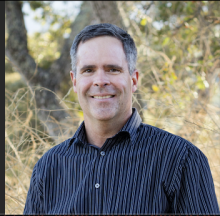This hands-on workshop guides participants through building intelligent AI agents using IBM's open source stack with a focus on local deployment and production readiness. Attendees will create a complete pipeline starting with Docling for document preprocessing, then deploy Granite models locally via Ollama for private, cost-effective inference, and finally orchestrate everything through Bee Agent Framework. The workshop emphasizes practical integration and local deployment strategies, perfect for organizations requiring data privacy or cost control.
Key Takeaways
1 Document Preprocessing Pipeline: Use Docling to extract and structure content from complex documents (PDFs, presentations, forms), creating clean, standardized data ready for AI agent consumption.
2 Local Granite Deployment with Ollama: Download and configure Granite models locally using Ollama.
3 Granite in Practice: Practice summarizing a text document, entity extraction, and multi-modal RAG using Docling and Granite models.
4 Production Ready Agent Development with Tools: Build multi-step agents workflows using the BeeAI Framework. Implement custom tools (including MCP tools), memory optimization strategies, built-in observability, resource management, and more.
Speaker

James Busche
Software Development Manager @IBM Open Technologies Group
James Busche is a senior Software Development Manager in the IBM Open Technologies Group. His team is focused onkey watsonx-related Open Source projects. Previously, James has been a developer on Open Source projects, and a DevOps Cloud engineer for IBM Watson Assistant.
Speaker

Mark Sturdevant
Software Developer and advocate @IBM Research
Mark Sturdevant is an open source software developer and advocate in IBM Research. Focused on open source since 2014, he has worked on a variety of open source projects and created many open source code patterns and tutorials to help developers get started with artificial intelligence, data science, databases and cloud-native technologies.

